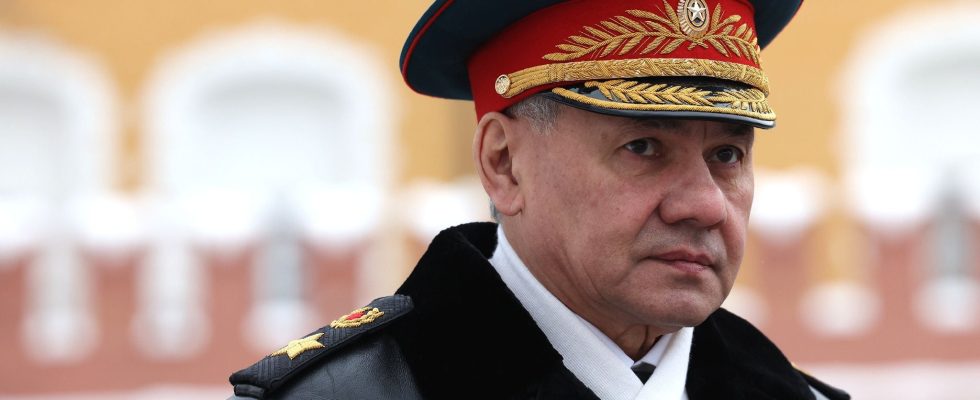Russia is waging an almost daily war of words against France. The exploitation of the telephone exchange with the French Minister of Defense by his Russian counterpart is the latest example. On April 3, Sébastien Lecornu proposed to Sergei Choïgu to resume anti-terrorism cooperation with Russia against the Islamic State (IS) organization, which claimed responsibility for the worst terrorist attack committed on Russian soil (March 22) for a long time. Results: more than 150 dead in the mega performance hall of Crocus City Hall, in Moscow. Despite the good intentions displayed by the Frenchman, the account of the telephone call given by the Russian Ministry of Foreign Affairs is very different. According to him, Sergei Choïgou told Sébastien Lecornu: “We hope that the French services are not behind the attack.” Moscow and Russian diplomacy continue to accuse Ukraine of having instigated the terrorist attack. According to the Russian version, “Ukraine does nothing without the approval of its Western supervisors.” In an exercise in absolute bad faith, Moscow has achieved the feat of connecting IS, France and Ukraine! Better yet: Shoigu affirms that France volunteered for a dialogue with Moscow on Ukraine, which Emmanuel Macron denies. “Baroque and threatening comments,” snapped the French president.
Has France become the Kremlin’s favorite target in its crusade against the West? Multiplication of pro-Russian propaganda websites in French flooding social networks; sexist rumors about first lady Brigitte Macron spread in the Russian media; repeated cyberattacks on French ministries: destabilization operations from Russia are intensifying.
Since the start of the year, this “hybrid war” has taken on a new dimension. It is no longer led only by the most radical Kremlin propagandists; today, Russian officials themselves are used to relay false information about France. In January, they claimed that “French mercenaries” were present in Ukraine, relaying claims by Foreign Ministry spokesperson Maria Zakharova. In March, there were supposedly 2,000 French soldiers preparing to fight on the Ukrainian front – false information launched by the director of foreign intelligence Sergei Naryshkin. So much “fake news” that the Quai d’Orsay is forced to deny each time. “A milestone has been reached, exchanges with Moscow are really tense,” a French diplomatic source recently confided.
The French services noted the systematic aspect of the affair. Each informational offensive against France comes following French announcements of support for Ukraine. Delivery of Scalp missiles in January, Macron’s declaration on the possibility of sending French soldiers to Ukraine in February, bilateral security agreement signed with kyiv in March: Moscow responds each time with a destabilization operation. The Kremlin does not appreciate the strengthening of France’s pro-Ukrainian position, especially at a time when Western aid is becoming a crucial issue for the Ukrainian resistance.
It remains to be seen how far this rise in tensions will go. On this point, the Olympic Games in Paris this summer are crystallizing fears. Knowing that a terrorist threat hangs over the 2024 Olympics, Moscow could choose to amplify fears in order to sabotage the event, and damage France’s image. Officially banned from sporting events, Russia still chose to compete in the boxing competition. By making France its “punching bag”.
.
